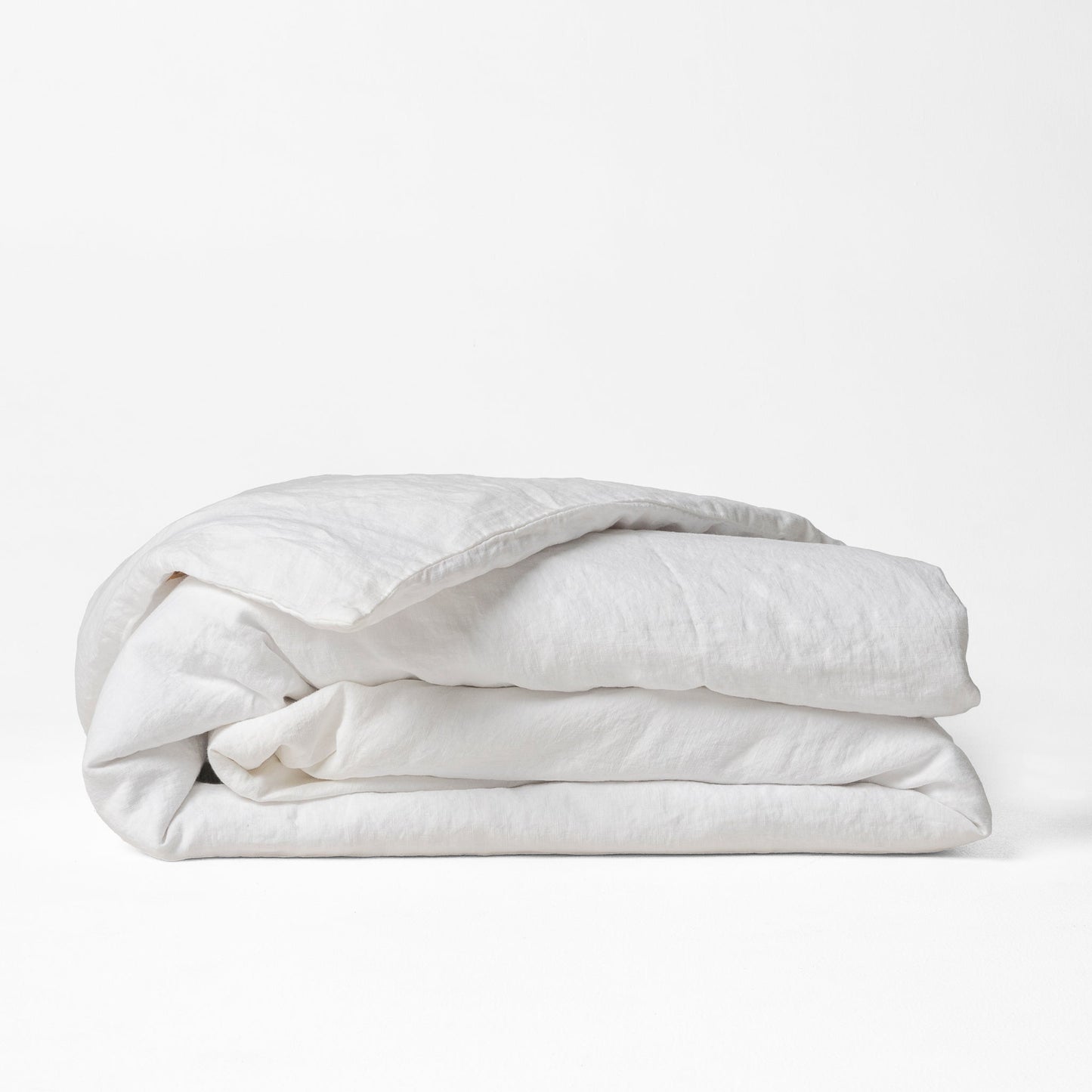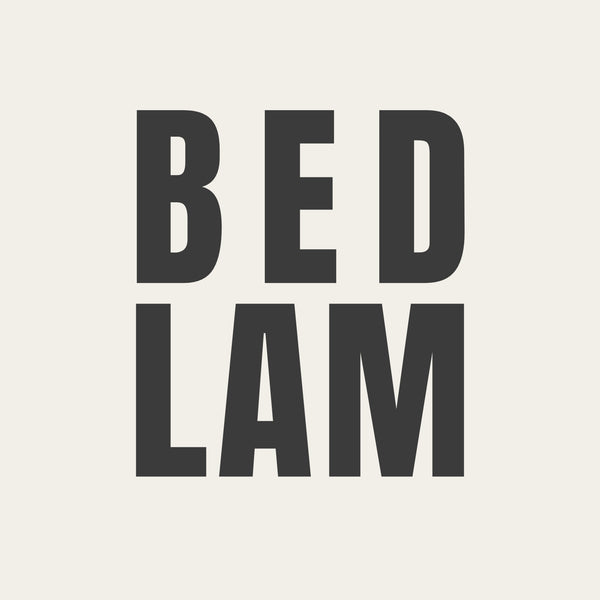Navigating Linen Labels and True Value
In the world of luxury bedding, not all linens are created equal.
How to Spot the Real Deal?





















JOIN OUR COMMUNITY
#KnowYourLinen
@bedlam.living
Explore High Quality European-made Linen
JOIN OUR COMMUNITY
#KnowYourLinen
@bedlam.living











